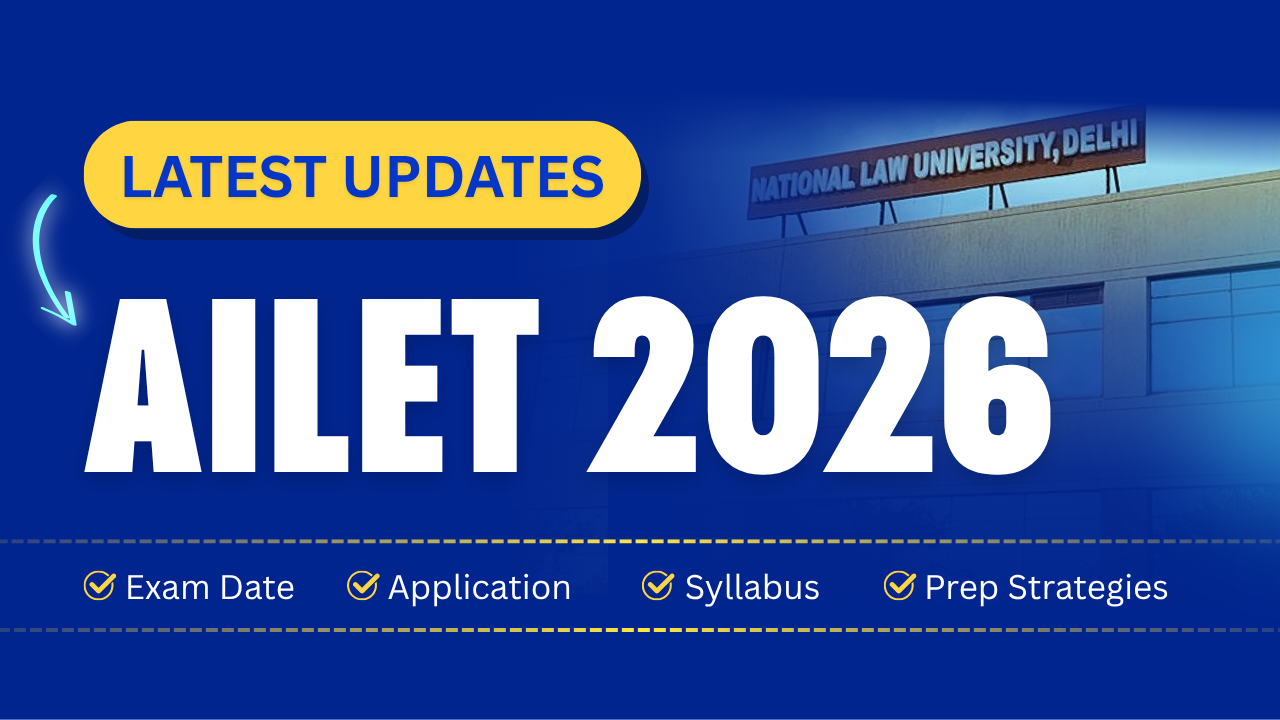By Possible Team I Jun 28, 2022

The field of higher education is no longer what it used to be a decade ago. There are more than just two supposedly lucrative career options to pursue. The career in law has regained its glory with the advent of industry and corporate lifestyle in India along with the traditional highlights of the practice of law and judiciary. The best legal education in India is imparted at the National law Universities that have carved a name for themselves by adhering to a strict syllabus, overall critical development of a student, and shaping them into a legal professional of the highest standards. To get admission to one of the 22 National Law Universities, a candidate has to write the Common law Aptitude Test (CLAT) which is an all-India entrance test conducted by the Consortium of NLUs. The competition is fierce indeed however, a focused candidate with adequate guidance should not have a problem cracking the exam. So, the question arises, should you write the CLAT exam?
To answer that question, a candidate must ask themselves a bunch of other questions and see if this is the right career path for them and if it is then how can they excel at it. Some salient points have to be kept in mind while answering that question about the CLAT exam and the legal profession.
The legal profession
The legal profession has historically been one of the most prestigious fields. Most freedom fighters and social activists have been prominent lawyers in history. In the present world, high profile cases for justice, matters that significantly impact the world, and billions of dollars of corporate deals, all of them involve a lawyer. So if a candidate wants to bring about social change, fight for justice or earn a handsome compensation working for massive conglomerates, then the legal profession opens all of these doors with a single exam, that is, the CLAT.
The CLAT exam
The CLAT exam is an aptitude test that tests a candidate’s ability to solve problems, good language skills, legal aptitude toward certain problems, and basic numeric ability. All in all, an easy exam if prepared with dedication and guidance. Even though it is an aptitude exam, it does have a syllabus that can be taught and learned by putting in a moderate number of hours of preparation. The preparation can include joining a respectable mentorship program or coaching institute for studying, attempting mock tests for practice, and other preparation that is necessary given the progress and goal.
Life at a National Law University
Once you are done with the CLAT exam and get a good rank, the doors are open to an infinite number of avenues as soon as you enter a good National Law University. However, life at a National Law University itself is an experience of a lifetime. Law school life opens you up to newer ideas, a diverse culture, acceptance of all lifestyles, (some partying), and a broad range of friendships. The classes are not like the ones you are familiar with but rather are a plethora of open-ended discussions where your thoughts matter more than a PowerPoint presentation. There are different events and competitions such as moots, ADR competitions, debates, quizzes, sports, and social work. There is something available for students to indulge in and find their interests.
Life after National Law University (Corporate/Private Practice/Judiciary/Others)
After a student graduate from a National Law University, many paths are available for them to choose and build a career accordingly.
1. Corporate: Top NLUs witness about a hundred percent campus placement into tier I law firms, top corporate houses, banks, and PSUs. The compensation offered by these corporates is above industry standards and allows a lawyer to grow and learn in that space with many students becoming a partner at those firms in a few years.
2. Law Practice: A lawyer can always start their legal practice at the Supreme Court or any subordinate courts in India. Due to the high standards of education at an NLU, the lawyers usually have better advocacy and drafting skills and with experience can reach the top of the ladder to become a Senior Advocates or be elevated to the judiciary.
Judiciary: After graduation, a student can take the lower judiciary exam and enter the judiciary services.
3. Other career paths: A lot of law students take the UPSC exam to enter civil services and NLUs have a great track record when it comes to students who have cracked the exam. A lot of other students complete their higher studies by enrolling in an LLM program at prestigious foreign universities. The NLU tag along with the teaching and personality development offers great opportunities to all students in whatever field that they might wish to pursue.
All in all, if any of the career paths appeal to you or if you would like the experience of a law school life or you think that the noble legal profession is your calling, then you should write the CLAT exam. With a determined preparation, good strategy, and mentorship, getting a good rank in the CLAT exam is not a herculean task. Once you do so, multiple opportunities are waiting for you to excel. All you have to do is write the CLAT.



